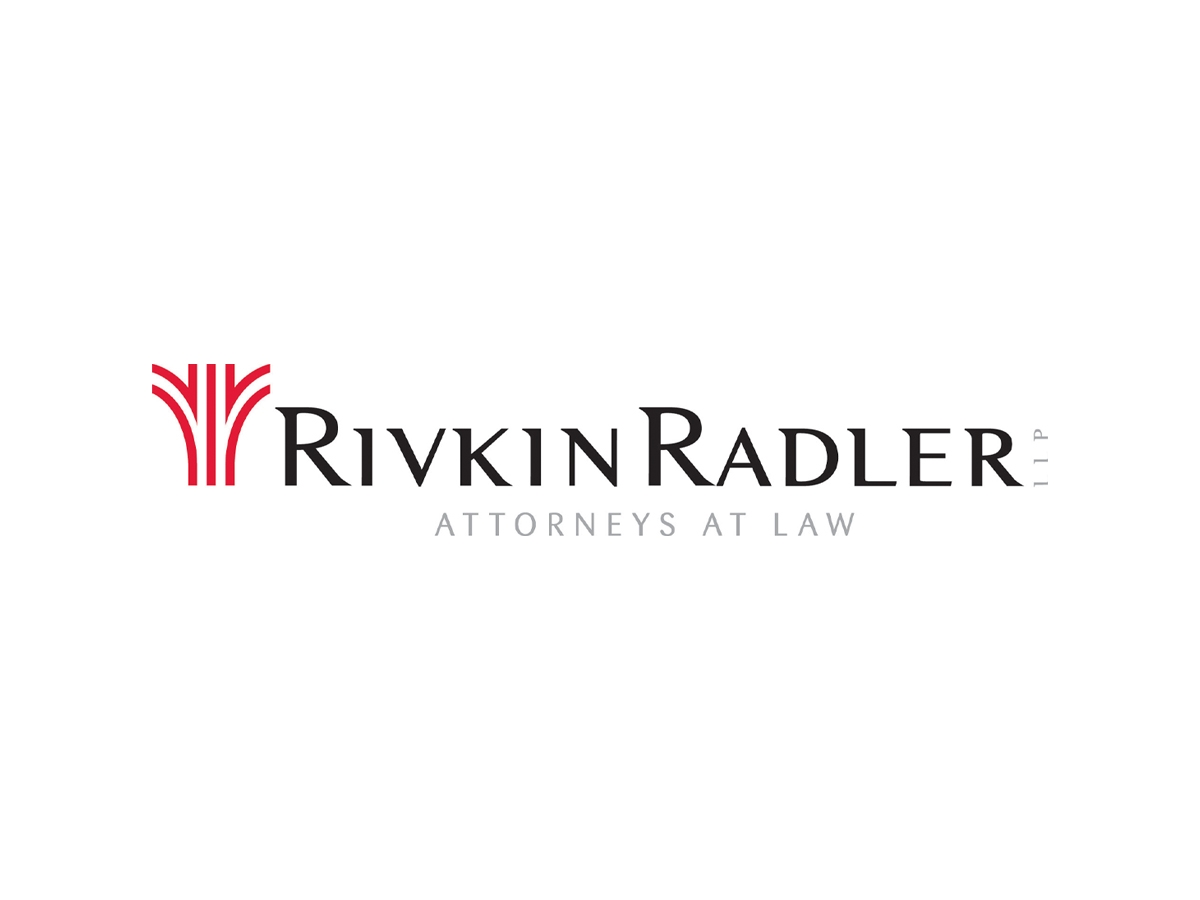The Southern District finds that the owner and CEO of the insured are not entitled to SUM coverage because they are not acting within the scope Of his duties for the insured
Majestic Rayon Corporation, a family business that manages the family’s real estate, obtained an insurance policy from Hartford Accident and Indemnity Company that included additional uninsured/underinsured motorist (“SUM”) coverage for any person “while acting within the framework of this person’s duties” for Majestic. The owner and managing director of Majestic (“CEO”) was walking quietly with his wife when he was hit by a car and he applied for SUM coverage in Hartford. The CEO argued that the family’s properties are in use 24 hours a day, so he is on call 24/7 and was discussing Majestic’s ongoing litigation with his wife during their walk. The United States District Court for the Southern District of New York denied the CEO’s claim for SUM coverage, finding that an employee is generally acting within the scope of their employment when the employer exercises or could exercise control over the employee’s activities. , and the employee is doing something as part of their job for their employer. The tribunal noted that an employee cannot be constantly within the scope of employment; and “(s)merely contemplating labor matters cannot be considered to be acting in the course of employment”. As such, the court found that the CEO speaking about ongoing litigation while out on a walk with his wife – not Majestic’s attorney – did not render his actions within the scope of his duties. towards Majestic. [Aibel v. Hartford Accident & Indem. Co., 2022 U.S. Dist. LEXIS 175355 (S.D.N.Y Sept. 27, 2022).]
Southern District finds business exclusion excludes coverage under attorney malpractice policy
Associated Industries Insurance Company filed a lawsuit for declaratory judgment seeking a declaration that it had no obligation to defend or indemnify a law firm and its former partner in a lawsuit brought by former clients under their malpractice policy, which contained a commercial enterprise exclusion that excluded coverage for the activities of the insureds in their capacity as “director…of a…commercial enterprise, other than the” law firm. The former clients alleged that while the associate simultaneously acted as attorney for the clients and executive vice president of a company formed by the associate, the associate recommended that the clients sell the property to the associate’s firm. ; prepared documentation for the $12 million sale; and structured the deal so his company would only pay $5 million and owe the rest through an unsecured loan. The United States District Court for the Southern District of New York ruled that the business exclusion in the law firm’s policy applied to exclude coverage because former clients would have no claims to sue the firm and the partner “without” the “double commitment” of the partner. roles of providing legal advice to a client, while simultaneously pursuing their own business interests”. [Associated Indus. Ins. Co. v. Wachtel Missry LLP, 2022 U.S. Dist. LEXIS 162454 (S.D.N.Y. Sept. 8, 2022).]
Eastern District Finds Jurisdictional Limit Met and Employer Disclaimer Excludes Coverage
A construction worker was injured and sued his alleged employer and the alleged owner and operators of the premises where he was injured in the course of his employment. His employer’s insurer filed a suit for declaratory judgment in the United States District Court for the Eastern District of New York, seeking a declaration that he had no obligation to defend or indemnify the employer. or any other party sued because the employer’s primary and umbrella policies exclude coverage for “bodily injury to any employee of any insured” arising out of or in the course of the insured’s employment. The court first found that the $75,000 minimum amount in dispute for federal diversity jurisdiction was met because the “subject matter” was the insurer’s potential liability under its primary policies. of $2 million and $5 million, and there is a “reasonable probability” that the underlying bodily injury action could result in coverage of more than $75,000. The court then concluded that the “plain language” of the employer’s disclaimer excluded coverage. [American European Ins. Co. v. Tri State Plumbing & Heating Inc., 2022 U.S. Dist. LEXIS 167154 (E.D.N.Y. Sept. 15, 2022).]

